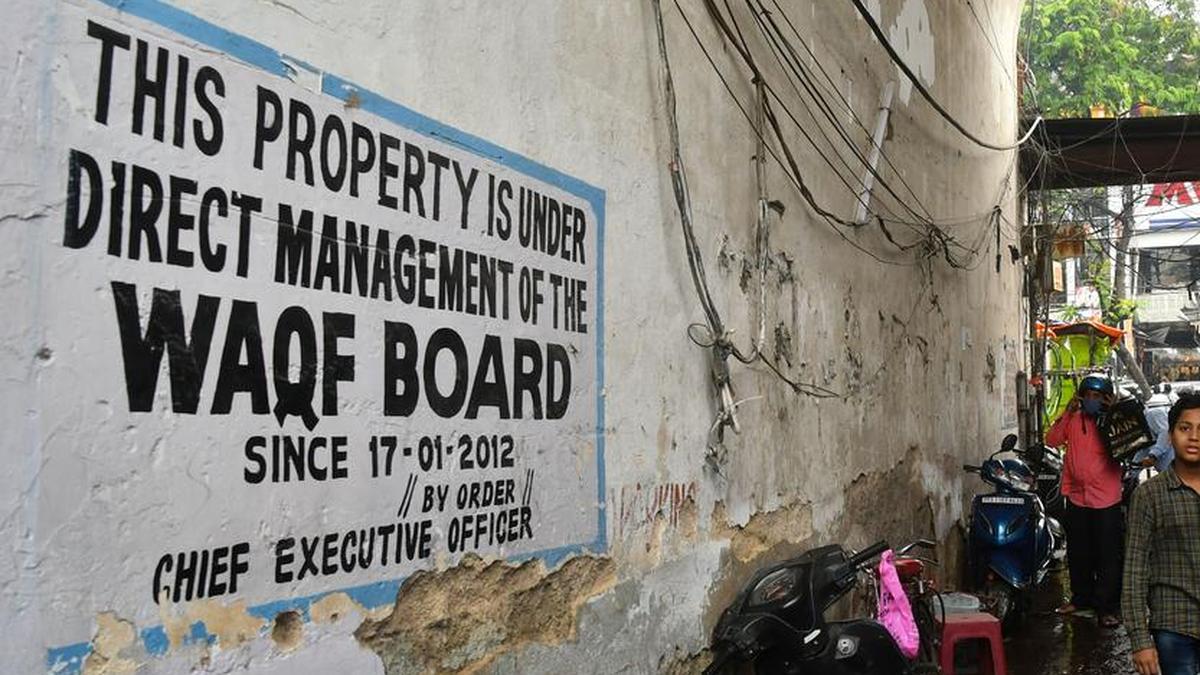
Key provision in Waqf (Amendment) Bill likely to mandate no change in ownership of existing properties unless facing dispute
The Hindu
The Waqf (Amendment) Bill, 2025 may include provisions on existing properties, registration details, and government property disputes.
The Waqf (Amendment) Bill, 2025, which is set to be tabled in Parliament on Wednesday, is likely to have a provision that mandates that the ownership of existing Waqf properties will remain as is unless they are “disputed” or are “government property”.
This key provision was not there in the Bill that was tabled in Parliament in August 2024.
Also read | The Waqf row and the BJP’s goals
The previous Bill drew criticism from the Muslim community and minority organisations across the country. It proposed the inclusion of non-Muslims and Muslim women in Waqf Boards, stripping Boards of powers to declare properties as Waqf, and other changes. The Bill was sent to a Joint Parliamentary Committee for detailed discussion.
While most of the provisions are likely to remain the same in the new Bill, which was shared with MPs on Tuesday, some key changes may be inserted following concerns raised by the NDA allies Telugu Desam Party (TDP) and Janata Dal(U).
The amended Bill is likely to have the provision that an existing “Waqf by user” property which was registered on or before the commencement of the Waqf (Amendment) Act, 2025 as “Waqf by user” will remain as Waqf property except if it is, wholly or in part, in dispute or is a government property.
It is also likely to suggest that every Waqf property registered prior to the commencement of the Waqf (Amendment) Act, 2025, should have the details of the Waqf and the property dedicated to the Waqf filed on the portal and database within a period of six months from such commencement.

But Bengaluru has changed. The open grounds have been replaced by concrete towers, and the once-friendly neighborhood streets are now congested with traffic. Grandparents, who once lived in ancestral homes in villages, now reside in the same city, making the “native place” summer trips a thing of the past. With fewer outdoor spaces and the demands of urban life, structured summer camps have become the new summer tradition, offering children an escape into creativity, learning, and play in a city that no longer lets them run free.





















 Run 3 Space | Play Space Running Game
Run 3 Space | Play Space Running Game Traffic Jam 3D | Online Racing Game
Traffic Jam 3D | Online Racing Game Duck Hunt | Play Old Classic Game
Duck Hunt | Play Old Classic Game










